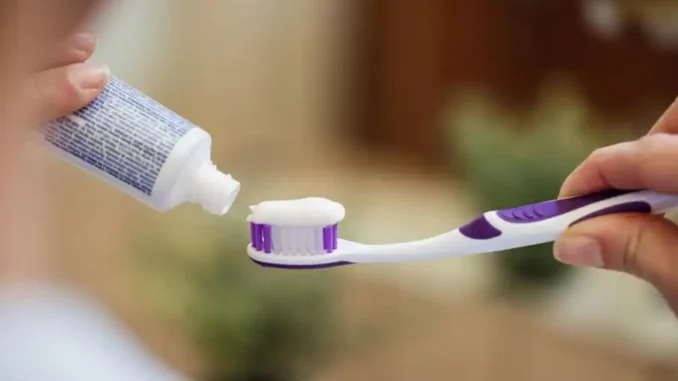
Choosing a toothbrush is not easy because it directly affects the condition and health of your mouth. Many individual factors need to be taken into account, but the most important question is always the same: which brush to choose, hard or soft?
What types of brushes are there?
Modern brushes are very diverse: there are hard, medium-hard and soft. Available from natural or synthetic materials.
Many people think that a hard brush is good. However, hard bristles are less flexible and they do not penetrate into the interdental spaces more easily. But the soft bristles penetrate well into hard-to-reach places, and do not injure the gums and enamel.
American and Canadian dentists consider it acceptable to use only soft brushes. The British believe that medium-hard options can also be used. In Russia, you can also use both options: soft and medium hard. If you have gum disease or enamel pathology, it is better to use a soft brush.
Also pay attention to the shape of the bristles. They can be smooth or uneven. But studies have still shown that uneven bristles adhere worse to the surface and do not help the quality of teeth cleaning.
1. Tenderness on Gums and Enamel
Soft Bristles: Soft-bristled toothbrushes are tender on your gums and tooth finish, diminishing the chance of disturbance or harm. They viably clean your teeth and gums without causing scraped area or wear on the enamel.
Medium and Difficult Bristles: These can be as well grating, driving to gum subsidence, finish disintegration, and expanded tooth affectability over time.
2. Adequacy in Cleaning
Soft Bristles: In spite of their tender nature, soft-bristled toothbrushes can viably evacuate plaque and flotsam and jetsam from your teeth. The adaptability of delicate bristles permits them to reach into cleft and along the gumline more efficiently.
Medium and Difficult Bristles: Whereas they might expel surface stains more forcefully, they are not fundamentally superior at expelling plaque and can possibly miss cleaning the gumline appropriately due to their stiffness.
3. Comfort:
Soft Bristles: They give a more comfortable brushing encounter, particularly for those with touchy teeth, gums, or conditions like gum disease.
Medium and Difficult Bristles: These can cause distress or torment, especially for people with touchy gums or teeth.
Personal Inclinations and Needs: A few people may favor medium bristles if they feel they give a cleaner feeling, but it’s imperative to utilize them with caution and a tender technique.
Dental Conditions: If you have particular dental conditions or have been prompted by your dental specialist, take after their suggestion. For case, a few orthodontic patients might require diverse sorts of bristles for compelling cleaning around braces. toothbrush
Professional Advice:
Consult Your Dental practitioner: Your dental practitioner can give personalized counsel based on your verbal wellbeing needs. They can suggest the best sort of toothbrush for you and appear you the legitimate brushing strategy to maintain a strategic distance from harm.